There has never been so much French interest in a U.S. presidential campaign. Though it is not uncommon for Europeans to enthusiastically follow American elections, both the party primaries and the general election have attracted exceptional media coverage in France this year.
All French television and radio networks will deliver special programming on November 8th, drawing on studios in Washington and New York City. Newspapers such as Le Monde or Le Figaro have produced countless special reports, sending reporters across the United States to examine, in particular, the “Trump phenomenon”—borne of social and economic movements that France has experienced a version of, itself. The French media has sought to understand and explain the very unique nature of the 2016 American electorate. French universities and colleges, for their part, have organized debates or roundtable discussions.
The Bush and Obama years
The French are having a hangover. Eight years ago, a majority of them seemed relieved when Barack Obama became president. On November 6th, 2008, a survey published on the front page of Le Parisien, a popular daily, revealed that 84 percent of the French respondents said they were satisfied with U.S. election result; 35 percent of them were said to be “appreciative or benevolent” of this newly-elected president. His personal charisma, good looks, and oratory skills were a real hit with the French—still upset with the George W. Bush years, which were marred by the Franco-American dispute over Iraq (recall the “freedom fries” that replaced “French fries” in Congress’ cafeteria in 2003). Three months after Obama’s election, the financial crisis started hurting the economy on both sides of the Atlantic, and it became clearer that Obama wouldn’t be the West’s savior. Then, there was some surprise when Obama was awarded his Nobel Peace Prize in 2009, after just a few months in office. Why so early? What had he done to deserve such as prestigious award?
Despite Obama’s limited interest in European affairs during his first presidential term, the French never gave up on him. In October 2016, according to another Le Parisien survey, he was still immensely popular in France: 91 percent of respondents said he had been “a good president”—exactly the same result as three years prior.
Watching uneasily
What about the 2016 race? To a majority of French citizens surveyed after the first debate between Donald Trump and Hillary Clinton on September 26, the U.S. presidential campaign had turned “violent” and the Republican candidate was considered “dangerous” by 78 percent of respondents. Only 39 percent of the French were in favor of a Trump win. Overall, 86 percent declared themselves in favor of Hillary Clinton winning the election.
The three televised debates, and also Donald Trump’s language in his rallies and media appearances, have shocked many French observers. Endorsements by extremist groups—including the Ku Klux Klan—have also tainted the Republican candidate’s international image. Trump’s anti-Muslim and anti-migration rhetoric bewildered citizens of a nation that has often been accused of badly integrating its own Muslims (which account for up to 10 percent of the French population, about 10 times more than the United States).
Make France Great Again?
France will have its own presidential election in less than six months. Within the center-right party Les Républicains, the seven candidates are gradually adopting a more confrontational tone in the primaries, but none of the televised debates have matched the offensiveness of the Clinton-Trump debates.
Meanwhile, one major French politician has rejoiced at Donald Trump’s rise: Marine Le Pen, leader of the Front National (FN), a party founded by her 88-year old father Jean-Marie that has indeed played the nationalist card since its creation 40 years ago. Like Donald Trump, Le Pen—who is almost certain to make it to the run-off of the 2017 French presidential election but will probably come short of a victory against a center-right opponent—has offered an anti-establishment platform to people critical of globalization. Economic protectionism is the name of the game, and the FN’s longstanding rhetoric closely mirrors Trump’s “Make America Great Again” call, with Le Pen senior declaring: “Les Français d’abord” (the French first). Both Le Pens support Donald Trump, and the current party leader has said “Trump’s policies are more favorable to France’s interests right now.” If Trump wins tomorrow, it might boost Le Pen’s own chances. President François Hollande, for his part, has taken a different approach, declaring last August that Donald Trump’s “excesses” were sickening.
Transnational trends
In the end, does it really matter what the French (or the Europeans) think of the U.S. presidential election? Yes, because there is a core of mainly nationalist parties in France, Greece, The Netherlands, Britain, and Denmark that echo views held by Trump and his supporters. The truth is that they reflect what has become a fairly mainstream view about politics and political elites—and in that sense, perhaps trans-Atlantic divisions are not as wide as they once were. Populism and extremism have become part of the political culture of defiance on both sides of the Atlantic; for the sake of our democracies, let’s hope reason prevails.
The Brookings Institution is committed to quality, independence, and impact.
We are supported by a diverse array of funders. In line with our values and policies, each Brookings publication represents the sole views of its author(s).

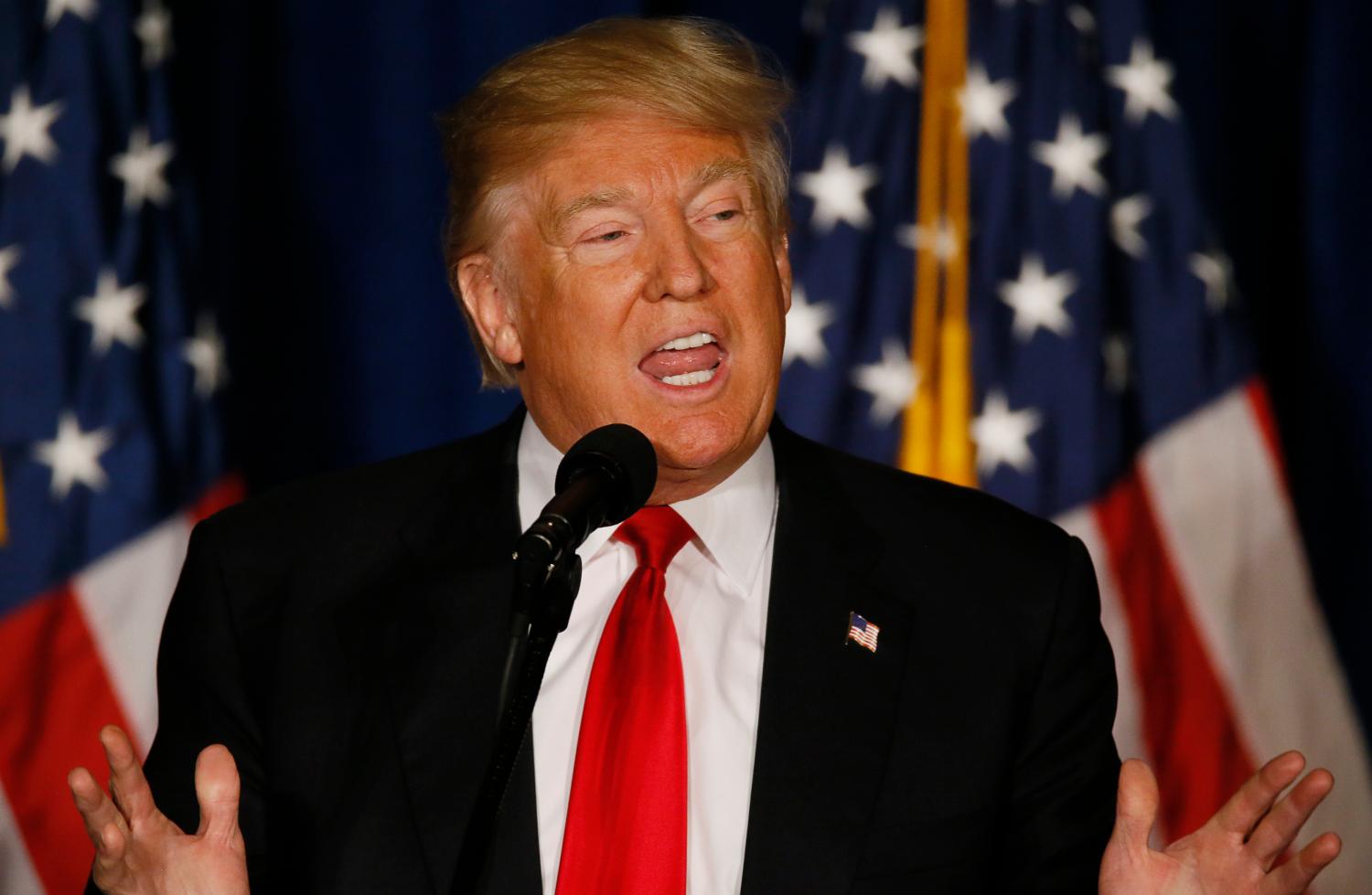
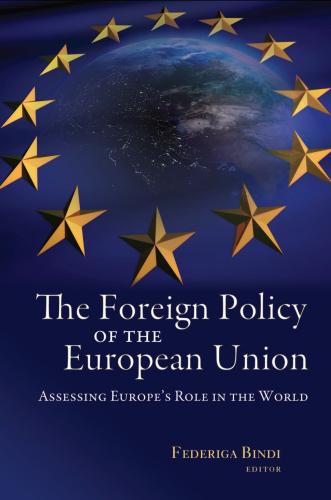


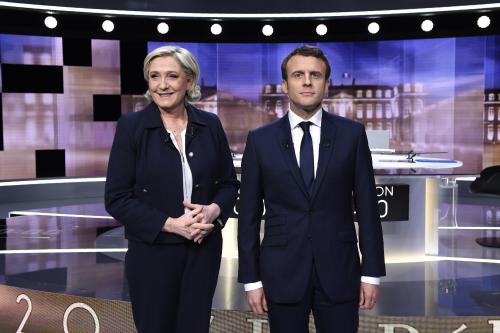
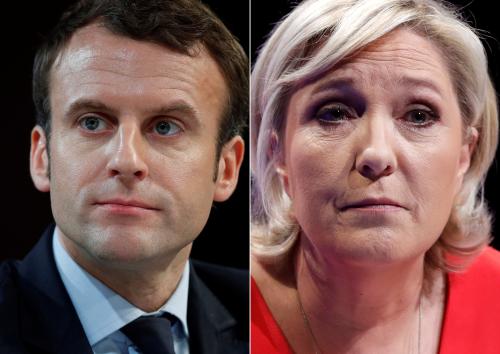
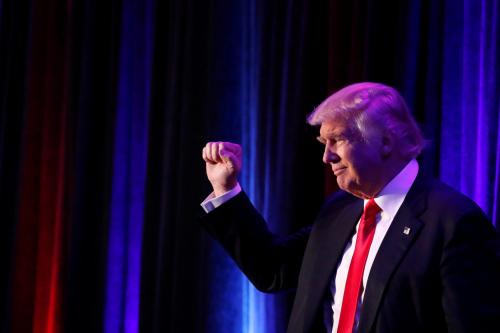




Commentary
Watching the U.S. election, French observers see own political trends
November 7, 2016